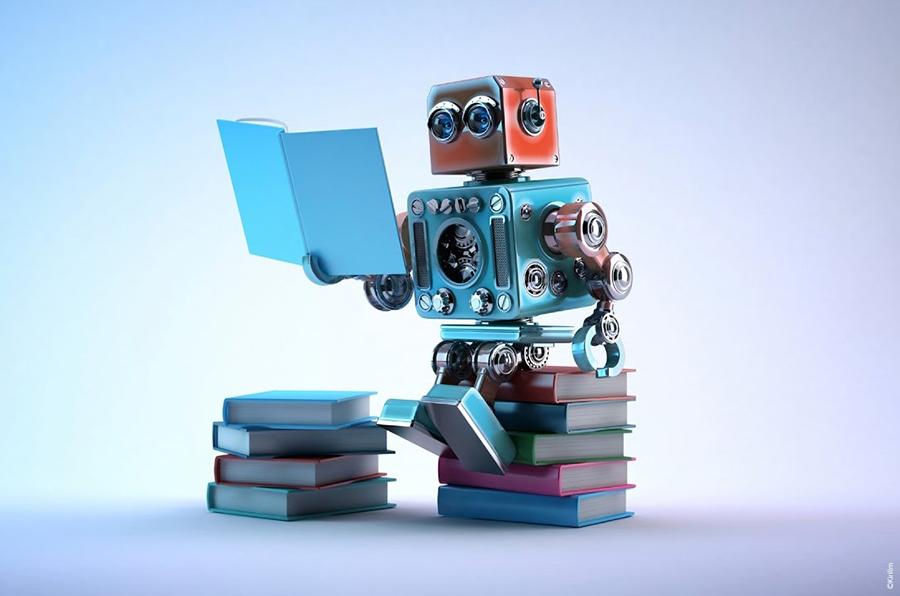What are the Two Popular Reasons for Choosing Machine Learning

You may often wonder about the need to compare machine learning. What do you wish to compare to machine learning? If you were contemplating comparing machine learning to human learning, rest assured that machines could do it quickly and on a large scale.

Machine learning would require data, relatively more than humans do. The major reason would be the machines usually optimizes over an artificial space considered highly ridiculous to start. Humans would develop a decent idea about the data, even before looking at it. However, the computer would rely heavily on the data.
For instance, when a child is given a few pictures of animals he does not know of, he may not be able to recognize the animals. However, when given a picture of a popular animal, he may recognize it based on his knowledge. It would be relatively better and transfer it to the new problem. The computers might not do that well.
A good solution would be to let humans guide the machines. However, the machines should be enabled to making the ultimate decision derived by the gathered data. Future engineering would assist with human guiding.
You may come across a plethora of reasons why machine-learning algorithms have been used largely. Find below the two major reasons for the increasing popularity of machine learning.

Feature learning
The interesting benefits of machine learning would be the system randomly trained and initialized on a few datasets. It would eventually learn good feature representations for a given job. A classical approach would involve handcrafting features by the competent human. It may consume time for fine-tuning the various parameters to get it right. Presently, machine learning would be used for discovering relevant features in different datasets. These aspects would be useful in face recognition, face detection, image classification, or speech recognition. Deep learning would emphasize on building a higher-level feature representation of different layers of the data. It would be largely helpful in image and speech recognition.
Parameter optimization
It would be relatively similar to feature learning. It entails a group of parameters easy to tune and visualized as a feature. It would employ a specific method of optimizing a wide range of parameters. It would be pertinent to mention here that such parameters would be huge in numbers. Such a parameter, when set right, could help the system run smoothly and efficiently. It would be possible for a human to find the best possible setting for various parameters by hand. Therefore, large-scale machine learning algorithms would be used for finding the best possible setting.









